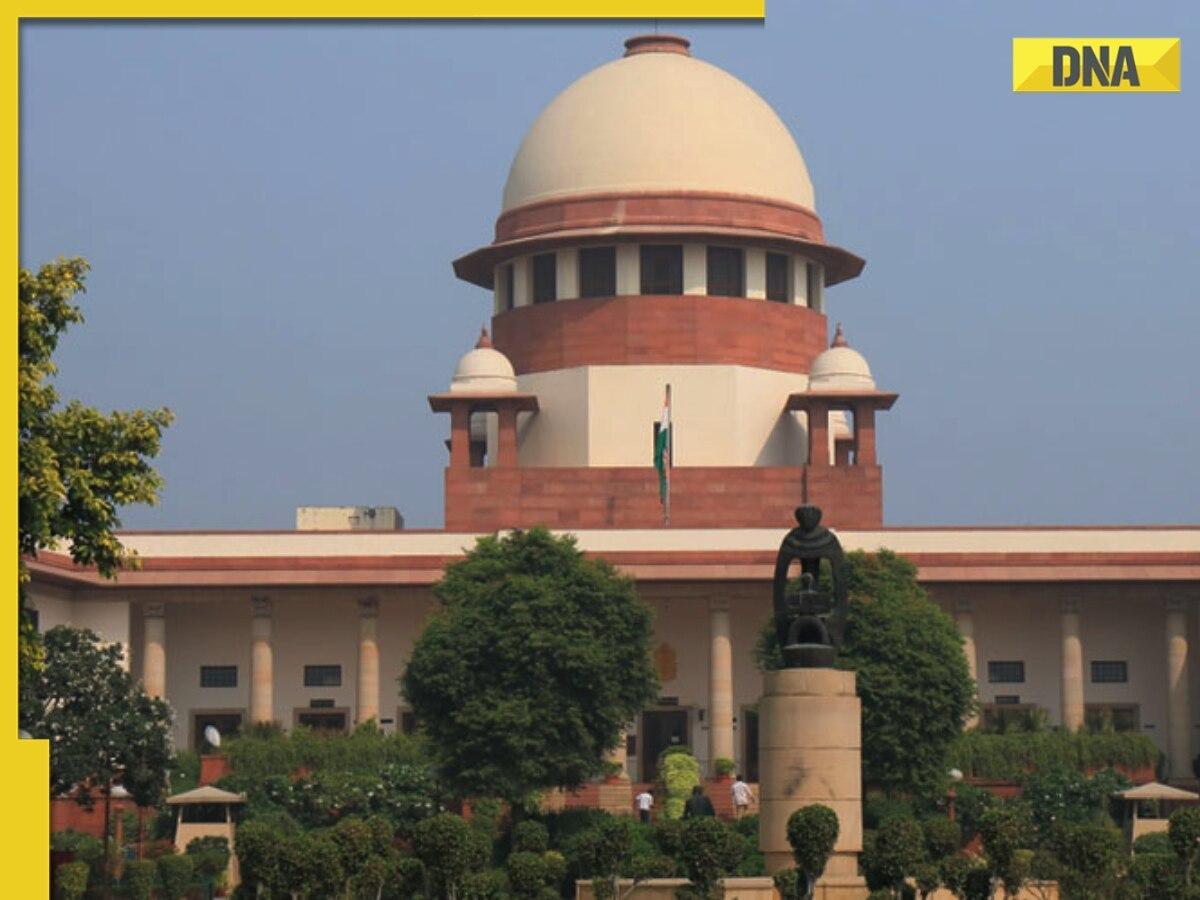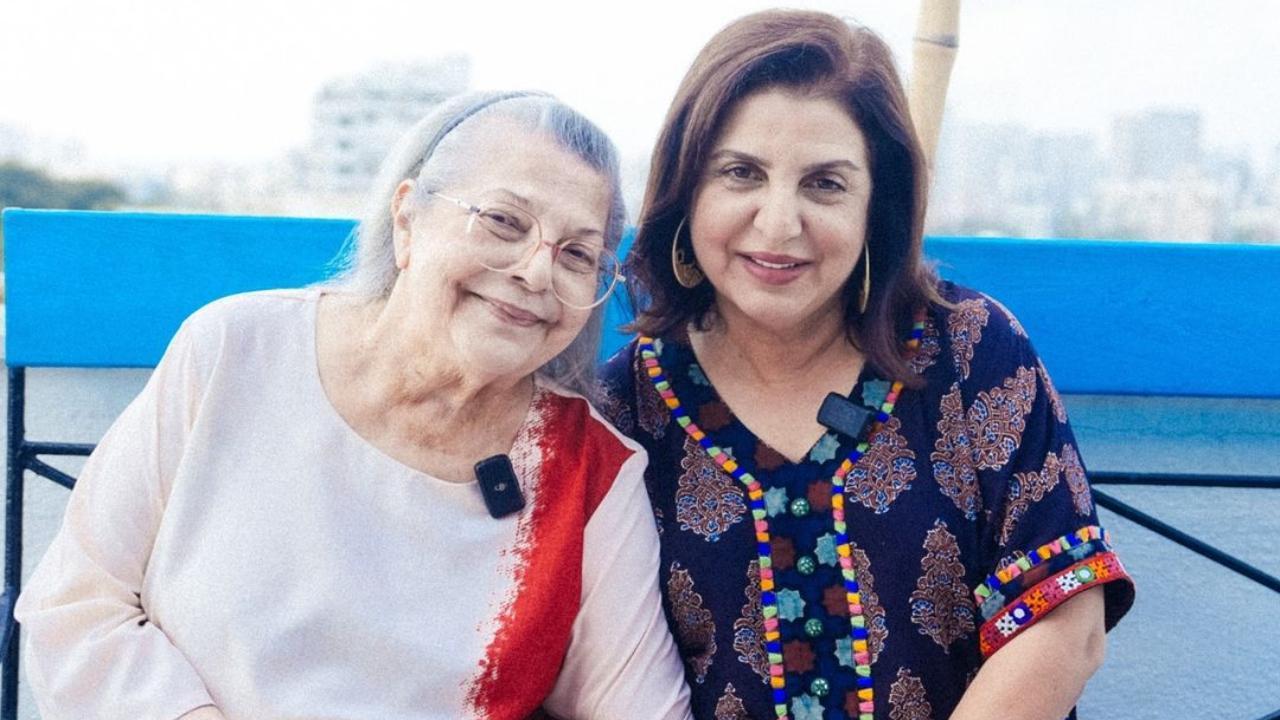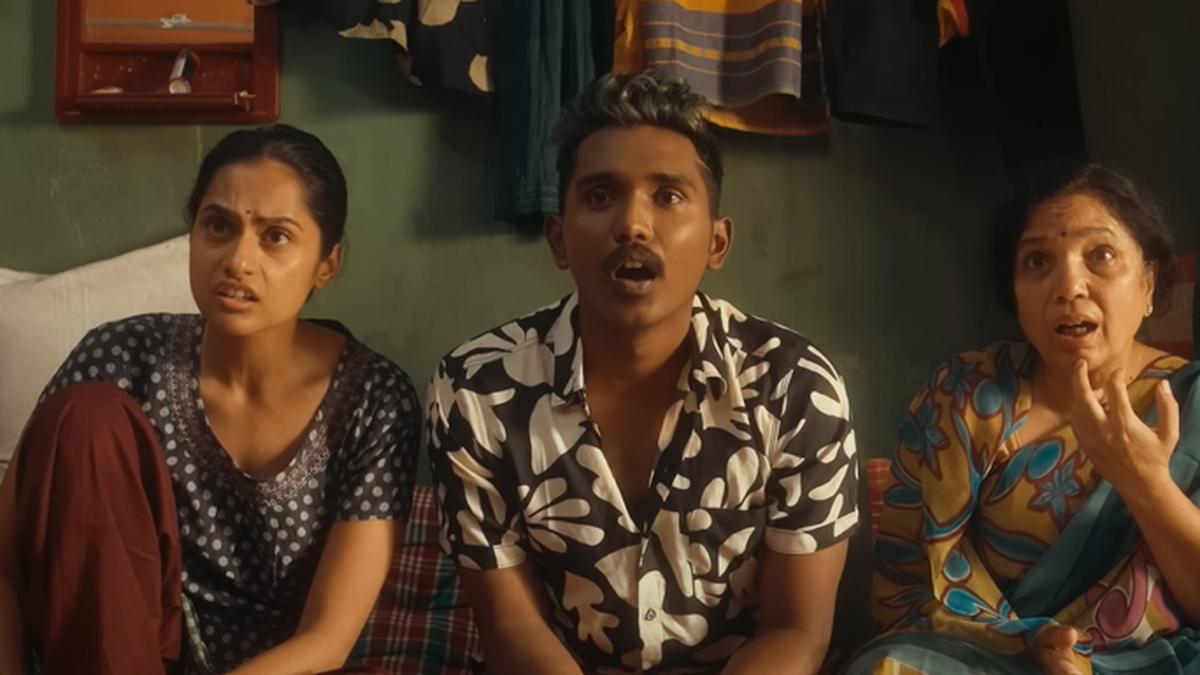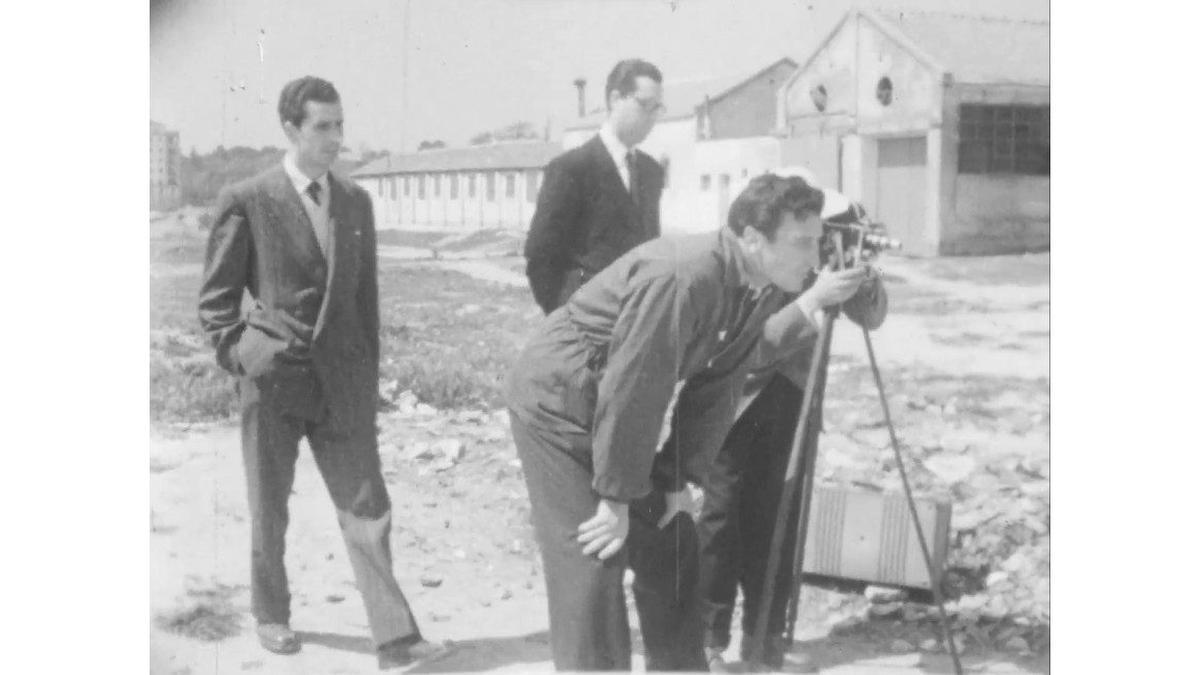
The pinnacle of India’s judiciary, the Supreme Court, has decisively held its deliberation on a significant contempt of court issue that has embroiled the notable Ayurvedic enterprise, Patanjali Ayurved Ltd., as well as its iconic founders, yoga guru Baba Ramdev and Acharya Balkrishna. The case revolves around accusations of misleading advertising propagated by the company.
A judicial committee, presided over by Justices Hima Kohli and Ahsanuddin Amanullah, has judiciously deferred their verdict while simultaneously relieving Ramdev and Balkrishna from the obligation to make personal court attendances following their prior court appearance.
The judges have provisionally awarded the company a three-week period to furnish affidavits laying out the corrective actions it has undertaken to retract the contentious advertisements and address the suspended licences for certain Patanjali products.
An aura of anticipation marked the courtroom as the bench withheld its decision on the contempt proceedings, emphasizing the gravitas of informed consumer choice, particularly against the backdrop of Baba Ramdev’s far-reaching influence. Justice Kohli punctuated the proceedings with the acknowledgment of Ramdev’s contributions to the propagation of yoga. Yet, she delineated a clear distinction between those cultural feats and the separate commercial enterprise of Patanjali’s product line.
The legal dispute stems from a petition lodged by the Indian Medical Association (IMA), which alleges that Patanjali and its leadership embarked on a campaign undermining the nationwide COVID-19 vaccination efforts and cast aspersions on modern medicine. Attorneys for Patanjali responded by assuring the bench that the company had directed a cessation of the controversial advertisements and had halted sales of the implicated products.
In a related development, the apex court castigated the President of the IMA, Dr. RV Asokan, for partaking in a media interview discussing the court’s directions in this high-profile case. The bench expressed its dissatisfaction with Dr. Asokan’s affidavit, which proffered an unconditional apology for his actions.
The justices issued a stern reprimand to Dr. Asokan for his lack of judgment and the consequential breach of the court’s expectations. Emphasizing free speech’s value, the bench underlined the cruciality of self-restraint, especially from someone in Dr. Asokan’s elevated position within the medical fraternity.
The bench’s rebuke expanded, noting the inherent restraint shown by judges regarding public and personal critiques, underpinning this self-discipline with an appeal to the IMA President’s responsibility as a citizen. The court highlighted its own magnanimity and discretion, suggesting that such gestures are seldom reciprocated by figures like Dr. Asokan, who instead choose to publicly air grievances against judicial decisions.
Patanjali’s legal representation had urged the bench to take cognizance of Dr. Asokan’s “wanton and unwarranted comments” following an interview where he criticized both the court and private medical practitioners for prescribing unnecessary and expensive medication. He also implored the IMA to introspect and address its internal ethical challenges.
As the nation eagerly awaits the erudite ruling of the Supreme Court on this matter, the underlying issues of medical ethics, freedom of speech, and responsible advertising remain at the forefront of a complex dialogue between traditional Indian practices and modern medical protocols.
*This story, exempting the headline, derives from content produced by ANI and has been republished without alterations by DNA staff.*
End of article.










